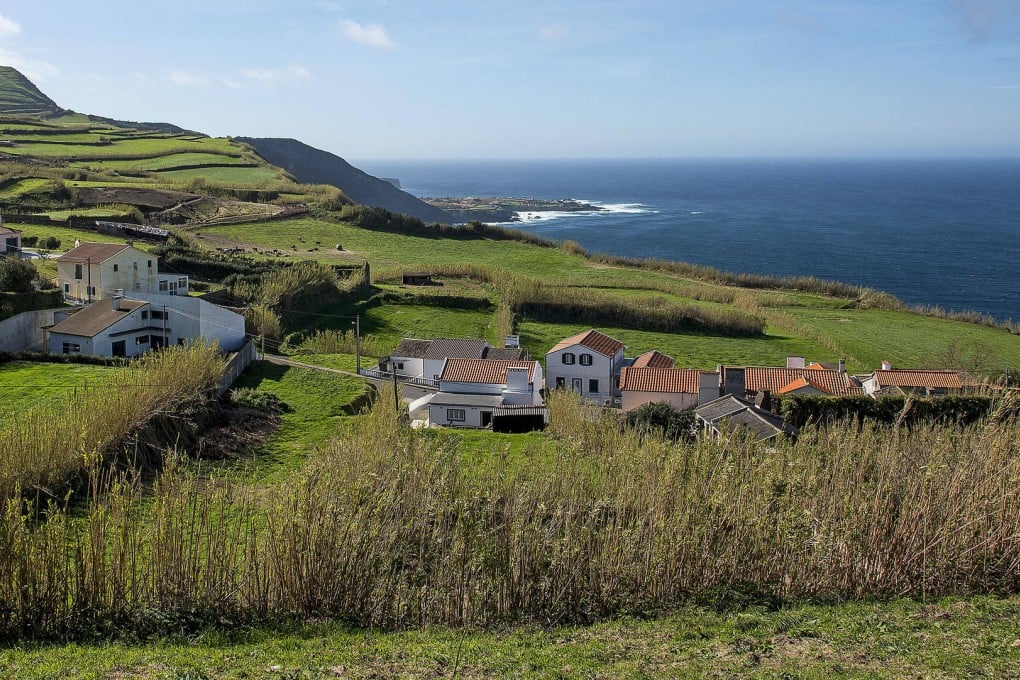The Azores, a tantalisingly remote outpost of Portuguese hospitality
The mid-Atlantic islands offer a remote taste of Portuguese hospitality, writes Tim Pile

Travel writers are supposed to prepare for trips with meticulous attention to detail. Interviews should be arranged in advance and maps pored over. The local lingo, politics and history require either a brush up or a spell of intensive cramming. Well, that's the theory, anyway.
I know next to nothing about the Azores and have decided to keep it that way until I arrive. I'm aware that the islands belong to Portugal and are situated in the mid-Atlantic, a long way from anywhere - except Madeira, which is also a long way from anywhere.
WATCH: 10 reasons to visit the Azores
I imagine I'll encounter soothing Portuguese architecture, audacious churches and lots of fresh seafood. The locals are sure to be easy-going and fond of the good life but with an independent streak that marks them as distinct from the mainlanders. Perhaps it'll be like a long weekend in Macau.
